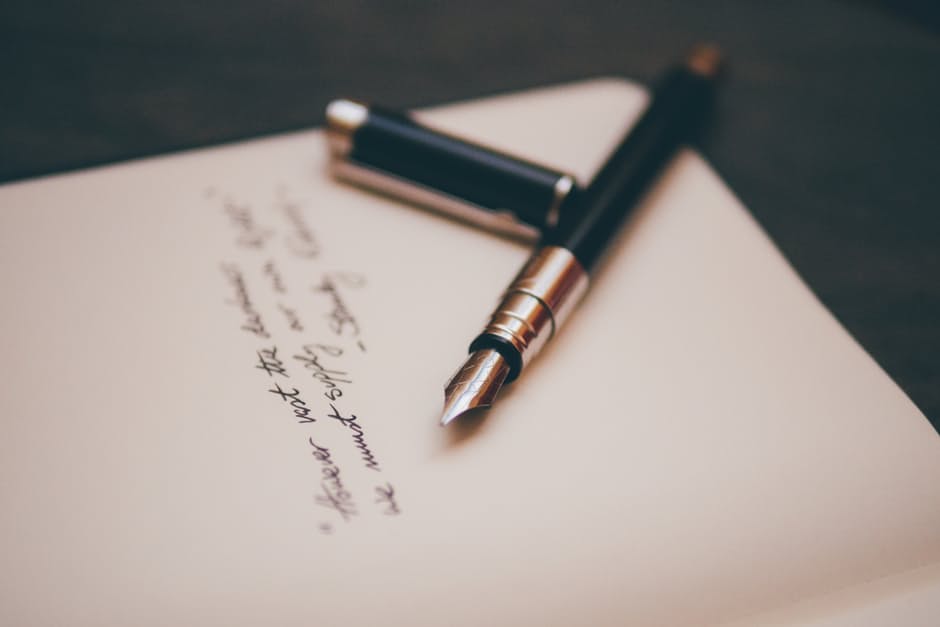There is nothing more damaging than having no content on a page. That means that someone somewhere is writing content about very dull subjects. But, there are a few tricks to writing about boring material, and we’re sharing them here! The most important thing is to get content that will engage the readers even if the subject is not so interesting. The task may not be easy but this article will give you some insights on how to handle the subject.
Let SEO Do the Work:
That’s right when in doubt, turn to your keyword research.SEO content marketing relies on proper keyword and topic research to help direct your writing. For example, if you see that keywords on gutter repair correlate with issues such as roof leaks and mildew growth you can craft an article based off of those results. The beauty of it is that SEO covers every subjects including what you may think to be so tough. Therefore, you will be sure that you are writing what clients are actually searching from the various web pages. Use common phrases from your keyword research to work in your headers, then fill in the content.
Use Riveting Language:
You might wonder who is going to read about deep desert camping, but the fact is that deep desert camping is someone’s hobby and they probably get excited. So, write content that sounds exciting so that the reader will keep engaged and not bounce off. Business verticals are well-known for being full of language that can lull someone to sleep. However, the writing style that you adopt can make the whole difference. Break that pattern and get jazzed about what you’re writing. Most readers don’t get all the way through an article, but that doesn’t change the fact that you still need to write it, so get excited.
Use the “Story” Approach:
Although there are different renditions of this theory, write on the subject as if you’re talking to a friend. This approach works well in business and can make your content on any tedious business vertical priceless to the company. Start by learning how to write stories and you will be good to go.
When you tell a story about your workday to a friend who has no idea what you do, you’ll find yourself frequently stopping to explain how something works or why you use it. Readers that are skimming through mundane business pages need this more than anything else! Stories are more interesting to the reader than just stating the content in form of facts.
Remember that when you tell stories that you may rely on analogies, use idioms or even incorporate some humor. Always be respectful of the company you’re writing for but giving your material a bit of personality can make any boring subject interesting. It is one of the best writing approaches when you think that you are handling some hard content.
Give Useful Advice:
Writing for business verticals usually means keeping back the useful advice in hopes that they’ll turn to the professionals (namely the company that you’re writing for) and your content will generate a sale.
As hopeful as that theory is, here’s a better one: give your readers something to do. It’s a form of a “free sample,” but the company only pays for this information once. Yes, you probably have a call-to-action there at the end of your content, but really, be helpful. Helpful content is hardly ever boring, and your readers are more likely to respond to advice useful than a sales pitch. Using these tips will help you to write amazing content for thin or mundane business verticals.
Read Also:






















